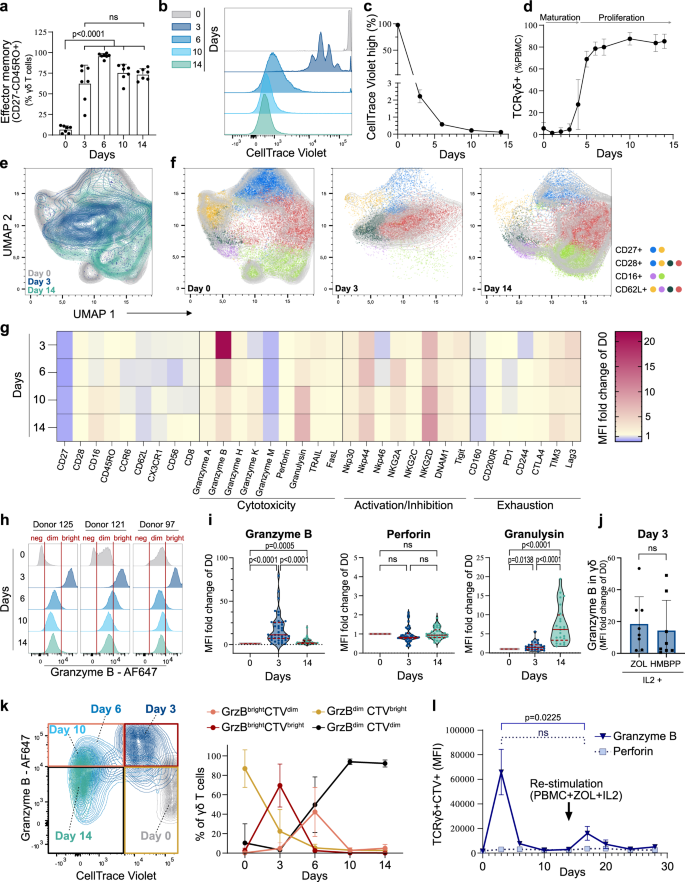2023-10-06 ニューヨーク大学 (NYU)
◆この発見は、学習プロセスや特定の疾患の理解、音に関連する才能の解明に寄与する可能性があります。これらの神経細胞は、音楽の演奏や言語学習など、試行錯誤と学習が多く含まれる行動において重要な役割を果たすと考えられています。また、音が予期せず変化する際に異なる神経細胞が活性化され、その変化の種類を示すことが明らかにされました。この研究結果は、脳の音の処理メカニズムに新たな洞察を提供します。
<関連情報>
- https://www.nyu.edu/about/news-publications/news/2023/october/how-do-our-brains-tell-us-what-went-wrong–.html
- https://www.jneurosci.org/content/early/2023/09/11/JNEUROSCI.0512-23.2023
マウス聴覚野における刺激特異的予測エラーニューロン Stimulus-specific prediction error neurons in mouse auditory cortex
Nicholas J. Audette and David M. Schneider
JNeurosci Published:12 September 2023
DOI: https://doi.org/10.1523/JNEUROSCI.0512-23.2023
Abstract
Comparing expectation with experience is an important neural computation performed throughout the brain and is a hallmark of predictive processing. Experiments that alter the sensory outcome of an animal’s behavior reveal enhanced neural responses to unexpected self-generated stimuli, indicating that populations of neurons in sensory cortex may reflect prediction errors – mismatches between expectation and experience. However, enhanced neural responses to self-generated stimuli could also arise through non-predictive mechanisms, such as the movement-based facilitation of a neuron’s inherent sound responses. If sensory prediction error neurons exist in sensory cortex, it is unknown whether they manifest as general error responses, or respond with specificity to errors in distinct stimulus dimensions. To answer these questions, we trained mice of either sex to expect the outcome of a simple sound-generating behavior and recorded auditory cortex activity as mice heard either the expected sound or sounds that deviated from expectation in one of multiple distinct dimensions. Our data reveal that the auditory cortex learns to suppress responses to self-generated sounds along multiple acoustic dimensions simultaneously. We identify a distinct population of auditory cortex neurons that are not responsive to passive sounds or to the expected sound but that encode prediction errors. These prediction error neurons are abundant only in animals with a learned motor-sensory expectation, and encode one or two specific violations rather than a generic error signal. Together, these findings reveal that cortical predictions about self-generated sounds have specificity in multiple simultaneous dimensions and that cortical prediction error neurons encode specific violations from expectation.
Significance Statement
Audette et. al record neural activity in the auditory cortex while mice perform a sound-generating forelimb movement and measure neural responses to sounds that violate an animal’s expectation in different ways. They find that predictions about self-generated sounds are highly specific across multiple stimulus dimensions and that a population of typically non-sound-responsive neurons respond to sounds that violate an animal’s expectation in a specific way. These results identify specific prediction error signals in the mouse auditory cortex and suggest that errors may be calculated early in sensory processing.



